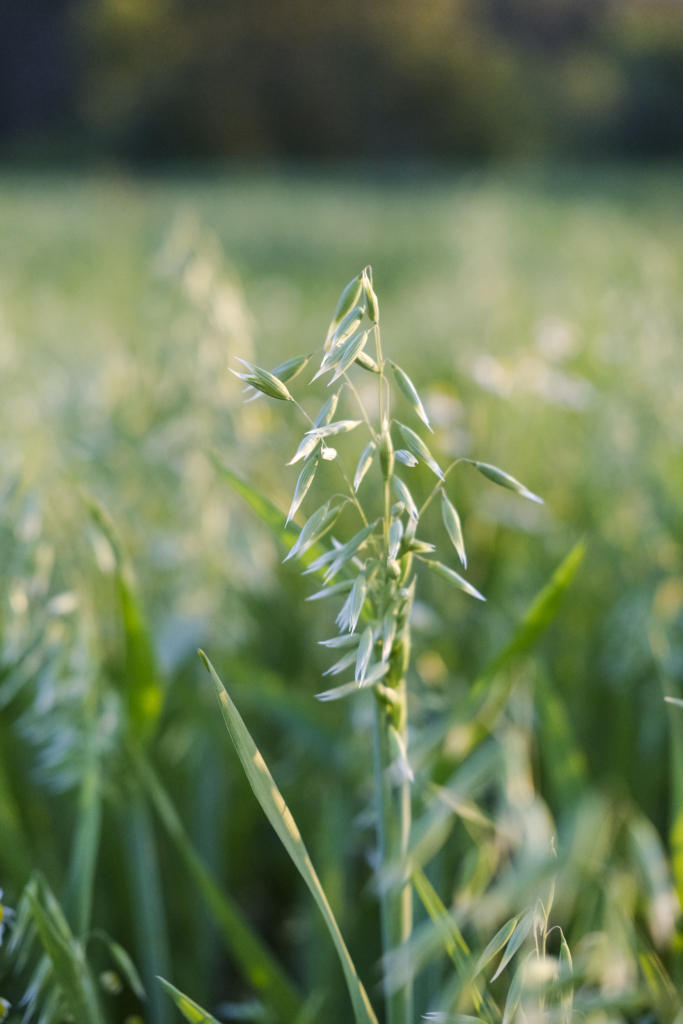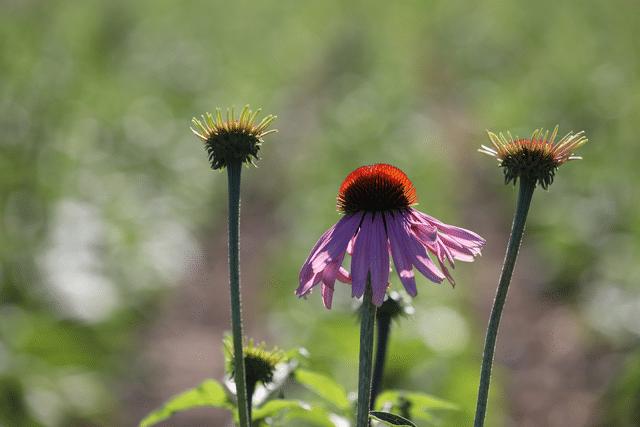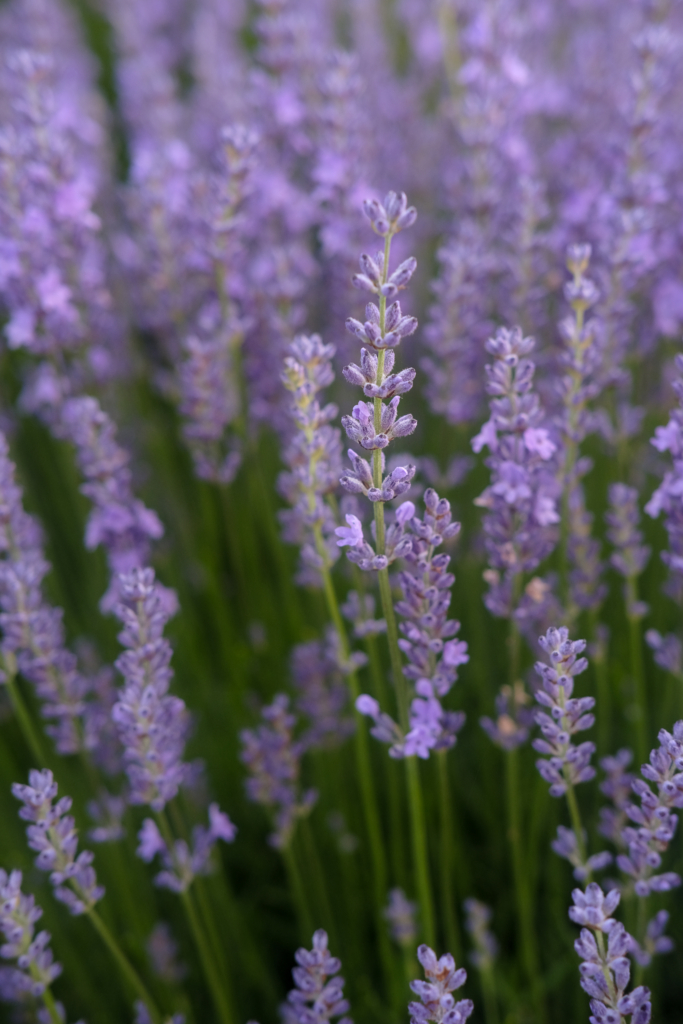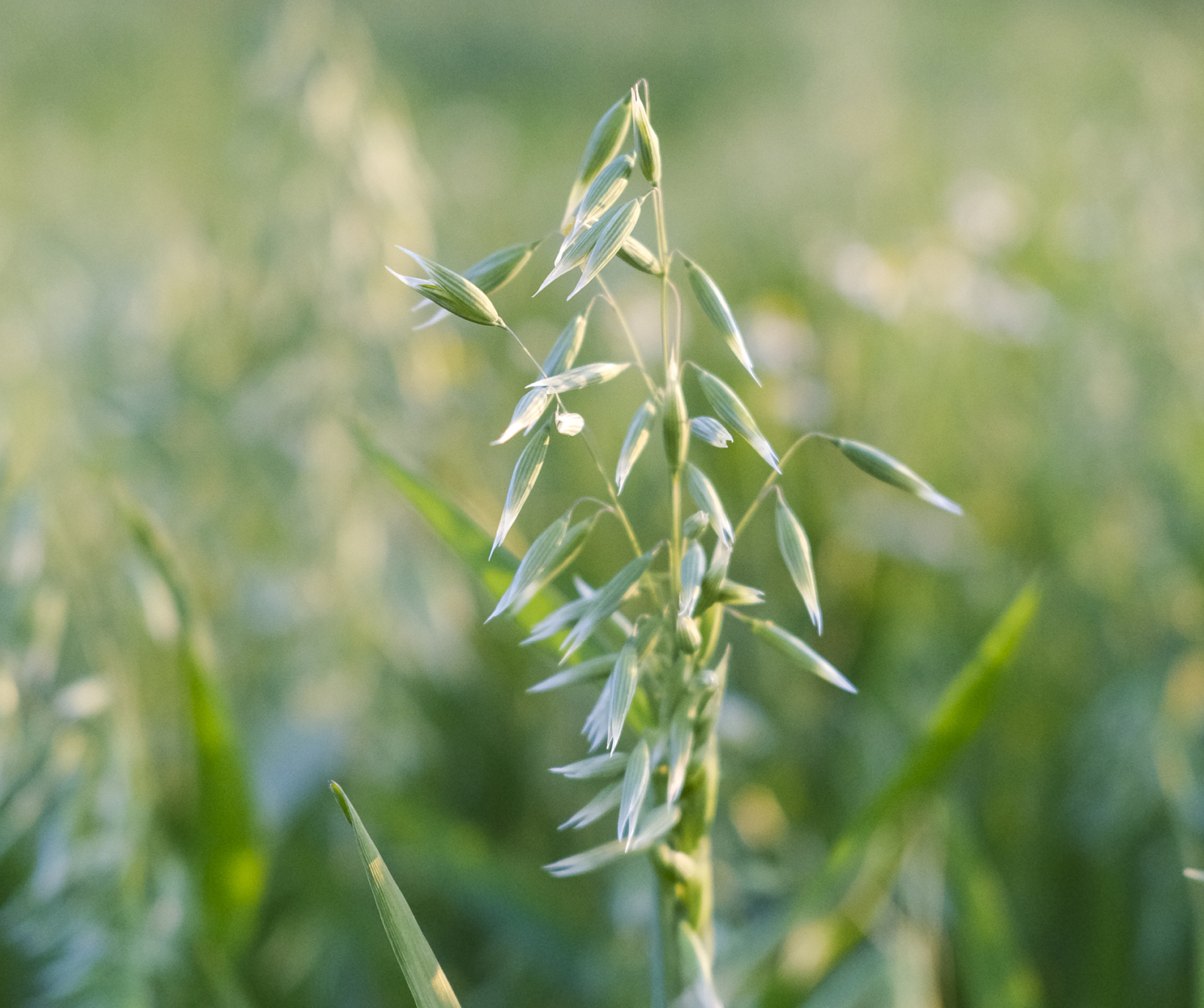



We’re thrilled to introduce you to some of our fan favorite herbs flourishing at Oshala Farm. From soothing milky oats to revitalizing peppermint these herbs have been treasured for centuries for their remarkable health benefits. Let’s dive into some of the magic of each herb and explore how they contribute to your overall well-being.
Peppermint: The Invigorating Energizer
Peppermint’s refreshing and invigorating flavor is matched only by its numerous health benefits. The most potent and cooling of the mints. Folk uses include reducing nausea even in small doses, restoration and invigoration from nervous exertion, and cooling the body temperature. It has been demonstrated that peppermint literally cools the body by reflexive action from contact with the stomach or skin by direct communication with the nervous system.
Echinacea: The Immune Supporter
Echinacea is a stalwart ally of the immune system, strengthening its response to ward off infections and colds. This herbal superhero is your best ally during seasonal changes. All parts of echinacea are considered immune activating. Many find the flowers’ taste more agreeable than the roots’, though the roots are considered to be more potent. Traditional uses include promoting resistance to and resolving respiratory and other infections, as well as acting as a blood purifier, generally activating immune function and elimination.
Chamomile: The Gentle Flower
Chamomile’s delicate beauty holds an abundance of herbal power. This traditional tea herb is gentle, described as having the ability to calm and ease digestive discomforts. It has been applied topically as a beauty remedy and gentle anti-inflammatory. This is the yellow-centered chamomile, also called German chamomile. Some say good chamomile can have the scent of apples and we agree! This is a labor intensive crop as all the flowers are hand picked. Although our flowing tops are in high demand, we also have limited amounts of our Chamomile/Milky Oat Top blend.
Ashwagandha: The Stress Reliever
Ashwagandha is an adaptogenic herb that helps the body manage stress and balance energy levels. Slightly peppery, pungent and bitter, this root is an adaptogen. Also claimed to be an aphrodisiac. It is said to promote stamina, but also sleep and rest. Lore associates this hearty herb with the strength of a stallion.
Known for its beautiful aroma and calming properties, lavender is nature’s gift for stress relief and relaxation. The aromatic and medicinal qualities of lavender flowers have been appreciated since ancient times. Add to teas to relieve tension and headaches, or use in infused oils or salves to aid the healing of burns and insect bites. Try adding a sprinkle of dried lavender to your bath!
Lemony and aromatic. This is a truly pleasant tasting herb, traditionally associated with gladness and calm. It has historical use for neuralgia, and as an antiviral and mild relaxant. Children find it agreeable as a light calming tea thanks to its sweetness. Mel, the Latin root, refers to honey, as in the Spanish miel.
Rich in chlorophyll and minerals, which come through in its green flavor. Nettle is a spring tonic, one of the earlier and abundant greens. It is popularly used as an immune tonic to support those with seasonal respiratory allergies and traditionally as a diuretic and for aiding elimination.
Milky Oat Tops: The Nervous System Support
Milky oat tops are a soothing tonic for the nervous system, promoting relaxation and emotional well-being. Mild, slightly sweet. The tops or seed, harvested in the milky stage, are considered a perfect nervine, calming but not overtly sedative, and slightly fortifying or balancing to nervous system function. Generous amounts can be used in infusions, though it is also a popular tincture. One of many child friendly herbs on our list. For folks with celiac disease and gluten sensitivity, our oat tops and oatstraw are not grown or processed with any wheat, but they are also not certified gluten free.
Warmly pungent, aromatic. Rosemary has been called a cardiovascular tonic, antidepressant, carminative, antispasmodic, rubefacient (improves circulation where applied topically), antimicrobial, and emenagogue. Herbal authors describe Rosemary as a “…diffuse stimulant and relaxing tonic with special influence upon the stomach and cerebrum.” There are studies in which smelling or tasting Rosemary improved learning, memory, or mood.
Mild, green and earthy, calendula flowers are traditionally used both internally and externally for lymphatic support, as a demulcent, and in wound healing. They are widely sought after as an ingredient in skin care items. Resins in the leaf are thought to impart anti-inflammatory and anti-fungal action. Use calendula-infused oil or salve as a natural remedy for various skin conditions. Although our flowing tops are in high demand, we also make a wonderful Calendula infused oil that is great for your skin.
The benefits of these 10 medicinal herbs goes beyond their delightful flavors and aromas. Though this isn’t an extensive list by any means, it may help guide you to an herb that might be a good fit for you. We hope you can embrace herbs in your everyday routine, and explore the many benefits of each herb. There’s so much to learn! We hope this list can empower you on your journey to holistic health.
In good health,
Oshala Farm





